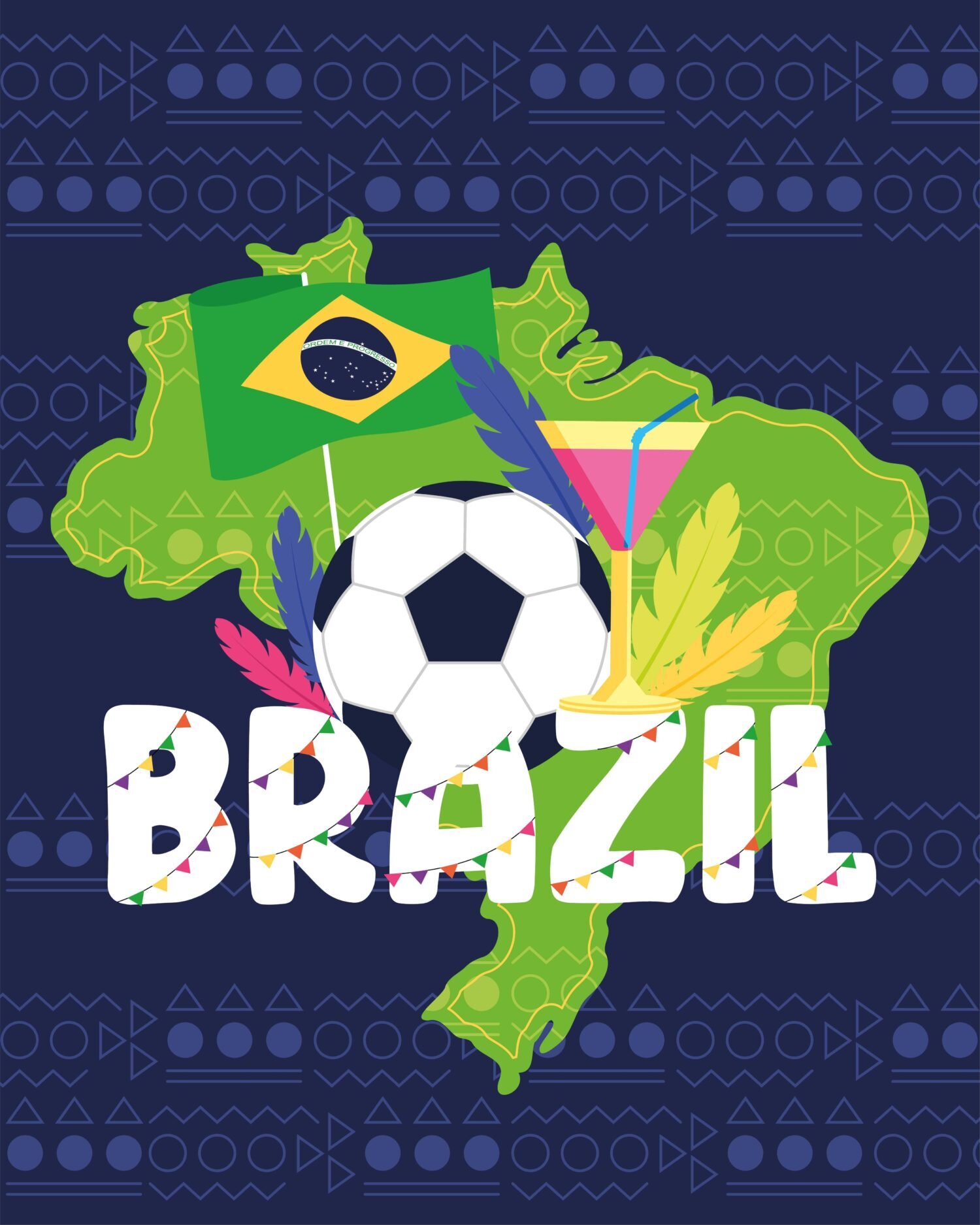Statista estimates this cost Brazil 1.5 billion dollars in lost revenue in 2023 alone. Now, the government is stepping up with new regulations to reclaim that cash, aiming to pump billions into the local economy. In 2024, official ordinances laid out detailed rules, with a final call for operators to get licensed or face hefty consequences. Let’s dive into Brazil’s gambling history and see how operators can play this market while staying on the right side of the law.
| Ranking | Country | Millions of Visits per Month | Share of the Worldwide Market |
|---|---|---|---|
| 1. | Brazil | 91.1 | 21.1% |
| 2. | Mexico | 48.7 | 11.3% |
| 3. | Nigeria | 42.5 | 9.8% |
| 4. | USA | 31.2 | 6.9% |
| 5. | UK | 29.9 | 6.8% |
| 6. | Japan | 29.3 | 6.3% |
| 7. | Canada | 19.1 | 4.4% |
| 8. | Turkey | 16.7 | 3.9% |
| 9. | India | 12.7 | 3.0% |
| 10. | Germany | 10.8 | 2.5% |
Source: https://denmark.net/top-countries-online-gambling-traffic/?expand_article=1
Evolution of Gambling Regulation in Brazil
Gambling in Brazil has deep roots in Brazilian culture. Up until the early 1940s, games like dice rolling were a hit, but the president at the time banned them, citing religious beliefs. That ban held until the 1970s when state-run lotteries got the green light. Horse race betting followed in the mid-1980s, and the 1993 Zico Act opened the door for commercial bingo and slots. The 1998 Pele Act shut that down, banning commercial bingo and leaving only non-commercial games legal. Poker, seen as a skill game, stayed in the clear and remains government-backed, though it’s been largely unregulated. That might change soon with Brazil iGaming regulation on the horizon.
Since 2018, when Congress handed the federal government control over online sports betting, debates on gambling regulation have raged on. The government had until 2022 to set up a licensing system, opting for a parliamentary law over an emergency decree. In March 2023, the Associação Brasileira de Defesa da Integridade (ABRADIE) formed, a nonprofit of sports and gambling law experts pushing for a safe, orderly online gaming Brazil space. By July 2024, Brazil’s regulatory system was locked in, with strict rules on responsible gaming and anti-money laundering (AML), including robust KYC requirements to curb financial crime and protect players.
New Brazil regulation gambling rules will tighten security, improve governance, and open the door for homegrown companies to sprout up. The push for licensing is all about the money, especially with Brazil’s economy slipping from the world’s seventh-largest to thirteenth in a decade.
The government sees iGaming as a cash cow, with Statista projecting a 20% market rise by 2027. These numbers scream for strong regulations to keep the industry stable and growing. I’ve seen markets flourish under clear rules, and Brazil is setting itself up to be a top player in global Brazil online gambling.
iGaming’s Immediate Future in Brazil
The Top 8 Rules Shaping Brazil’s Gambling System
Foreign operators cannot offer gambling services unless they are physically based in Brazil.
Operators face a 12% revenue tax, in addition to federal and state taxes.
All licensed operators are required to use the bet.br domain to distinguish themselves from unlicensed or rogue platforms.
Operators must adhere to strict standards of integrity, responsibility, and honesty, as established by ABRADIE and IBJR.
Players are subject to a 15% tax on their winnings, reduced from an initially proposed 30%.
Obtaining a gambling license costs R$ 30 million (approximately US$ 6.1 million) and is valid for five years.
Unlicensed operators risk having their websites blocked and face fines of up to R$ 2 billion (around US$ 354 million).
Operators must verify the age and identity of players, ensuring they are over 18 and not listed on government restriction lists, PEPs (Politically Exposed Persons), or sanctions.
Licensing Rules, Compliance, and Regulators

Operators seeking a license apply through the Ministry of Finance’s Secretariat of Awards and Betting. Compliance is a beast, with rules demanding consumer protection, data privacy, AML policies, and responsible gaming measures. A working group, including members from the Ministries of Finance, Health, Sports, and the Secretariat of Social Communication, is tackling gambling harm and addiction. They’re focused on strategies to prevent issues and support vulnerable players, especially in fixed-odds betting. Strong AML and fraud protection, backed by rigorous identity checks, are key to keeping Brazil’s online gambling scene legit.
Revamping gambling laws for a multi-billion-dollar industry isn’t a walk in the park. Player safety, especially for first-timers, is a big concern. Legalizing gambling opens doors to fraud, match-fixing, and other shady activities that can do real damage. I’ve seen unregulated markets spiral into chaos, and Brazil needs to stay sharp. Operators must double down on safety protocols and responsible gaming to keep risks low. With around 2,000 illegal gaming sites still active in late 2024, the government has its work cut out, but new laws will hit hard with fines and blocks to clean up the space.
Complications and Conflicts

New Ideas and the Future Regulatory System
Brazil’s new licensing framework legalizes online gambling in Brazil for the first time since the 1940s, creating a goldmine for local companies. Building a safe, controlled environment for online gaming has been a slog, and it’ll keep evolving. Strong identity verification and fraud prevention will be make-or-break for success in 2025 and beyond. Tools like IDnow’s Brazil-ready solutions, with document authentication, selfie liveness checks, CPF validation, and AML procedures, help operators deliver a safer experience. I’ve seen tech like this turn messy markets into secure ones, and Brazil is on the right track.
FAQ
What’s behind the rise of Brazil’s iGaming industry in 2025?
New regulations starting January 2025 will create a safer, more reliable space, pulling in investors. Brazil’s young, tech-savvy crowd is also jumping on online gambling fast, fueling the boom.
What are the essential rules for Brazil’s gambling operators?
Operators must be Brazil-based, use the bet.br domain, and run strict age and identity checks. They also need to follow AML practices and responsible gambling standards.
Which penalties apply to operators without licenses in Brazil?
Unlicensed operators can get hit with fines up to R$ 2 billion, roughly US$ 354 million, and have their websites blocked.
How can iGaming companies enhance their digital visibility?
Partnering with our company can boost visibility with specialized iGaming SEO, including keyword research, content optimization, and regulatory compliance.


